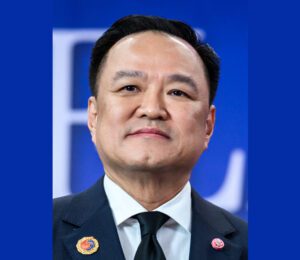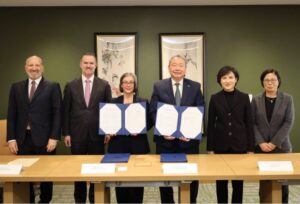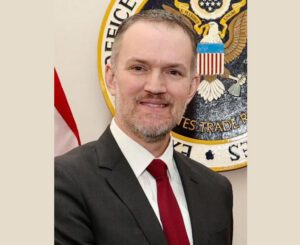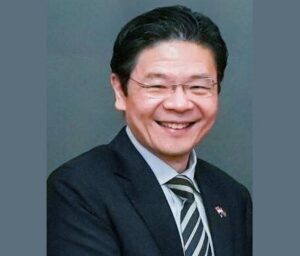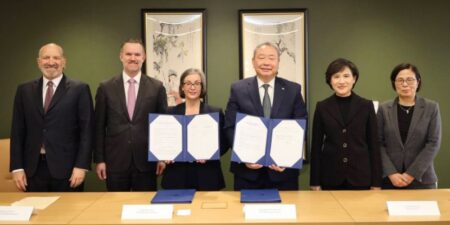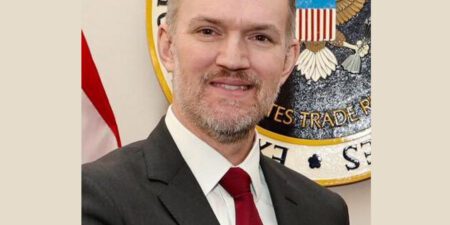
APEC 2024 in Peru: No Flash but Solid Progress

The BGA Indo-Pacific Team’s Senior Adviser Amb. Larry Greenwood wrote a client update on the upcoming Asia Pacific Economic Cooperation (APEC) leaders meeting in Peru.
Context
- Peru will host the annual APEC leaders meeting November 15-16 in Lima against a backdrop of stagnating economic integration in the Asian region, rising protectionism, geo-political tensions and an uncertain economic growth outlook. Trade as a share of GDP has not yet returned to its pre-2008 levels, foreign direct investment to the region has dropped the last three years, and with the exception of the United States, near-term growth in the Asia Pacific is likely to be sluggish.
- The meeting is an opportunity for leaders to meet bilaterally and address the regional business community through the CEO summit which precedes it. President Xi Jinping will be the major draw because neither President Joe Biden nor President Vladmir Putin will attend. Secretary of State Antony Blinken and United States Trade Representative Katherine Tai will represent the United States at APEC while Biden will attend the Group of 20 summit in Brazil two days later.
Significance
- Peru’s themes for this year’s APEC meetings were sustainability, digital transformation and resilience. Peru was focused in particular on the issue of moving workers from the informal to the formal sector, an important domestic challenge for Peru and globally. Peru mobilized high level meetings on human resources and finance to discuss best practice to increase skills and improve access to financing.
- Most of APEC’s discussion on trade focused on improving existing trade agreements, mainly by making them more inclusive, and on trade facilitation, mainly centered on supply chains. These issues have become more relevant in recent years as supply chains shift away from China to other economies where these chokepoints are more prevalent. While trade ministers were light on specifics on cooperation to make supply chains more resilient in the face of natural disasters and pandemics, the private sector continued its work in this area.
Implications
- Peru’s workmanlike hosting of APEC this year has seen modest success in building on the work on energy related climate issues, artificial intelligence, supply chains and support for workers, all of which have been championed by the United States. Trade and investment liberalization, APEC’s bread and butter since it was created in 1989, will continue to take a back seat at APEC until its major members like the United States decide to reengage.
- South Korea will host APEC in 2025 and plans to host 11 sectoral ministerial events. Main priorities include digital transformation and AI in driving more inclusive growth in the region, energy, climate and population decline. The latter would mark a new area of work for APEC, which, other than some health care related work, has not addressed demographic challenges in Asia, creating interesting opportunities for a wide range of businesses in areas such as software, robots and automation, insurance, finance, health care and energy.
We will continue to keep you updated on developments in the Indo-Pacific as they occur. If you have any comments or questions, please contact BGA Indo-Pacific Senior Adviser Amb. C. Lawrence Greenwood at lgreenwood@bowergroupasia.com.
Best regards,
BGA Indo-Pacific Team

Amb. C. Lawrence Greenwood
Senior Advisor
Larry advises clients on government relations and international economic policy, with expertise in trade, finance, development and Asia. In addition to supporting clients in the San Francisco Bay Area, Larry draws on his experience over the past four decades to help clients address business issues in Japan. Until July 2015, Larry was senior managing director for government relations in Asia for MetLife. He was responsible for working with governments, legislatures and industry associations to shape financial policies and regulations in Asia. His achievements at MetLife included building a new government relations team in Asia, helping the company open new businesses ... Read More
×

















